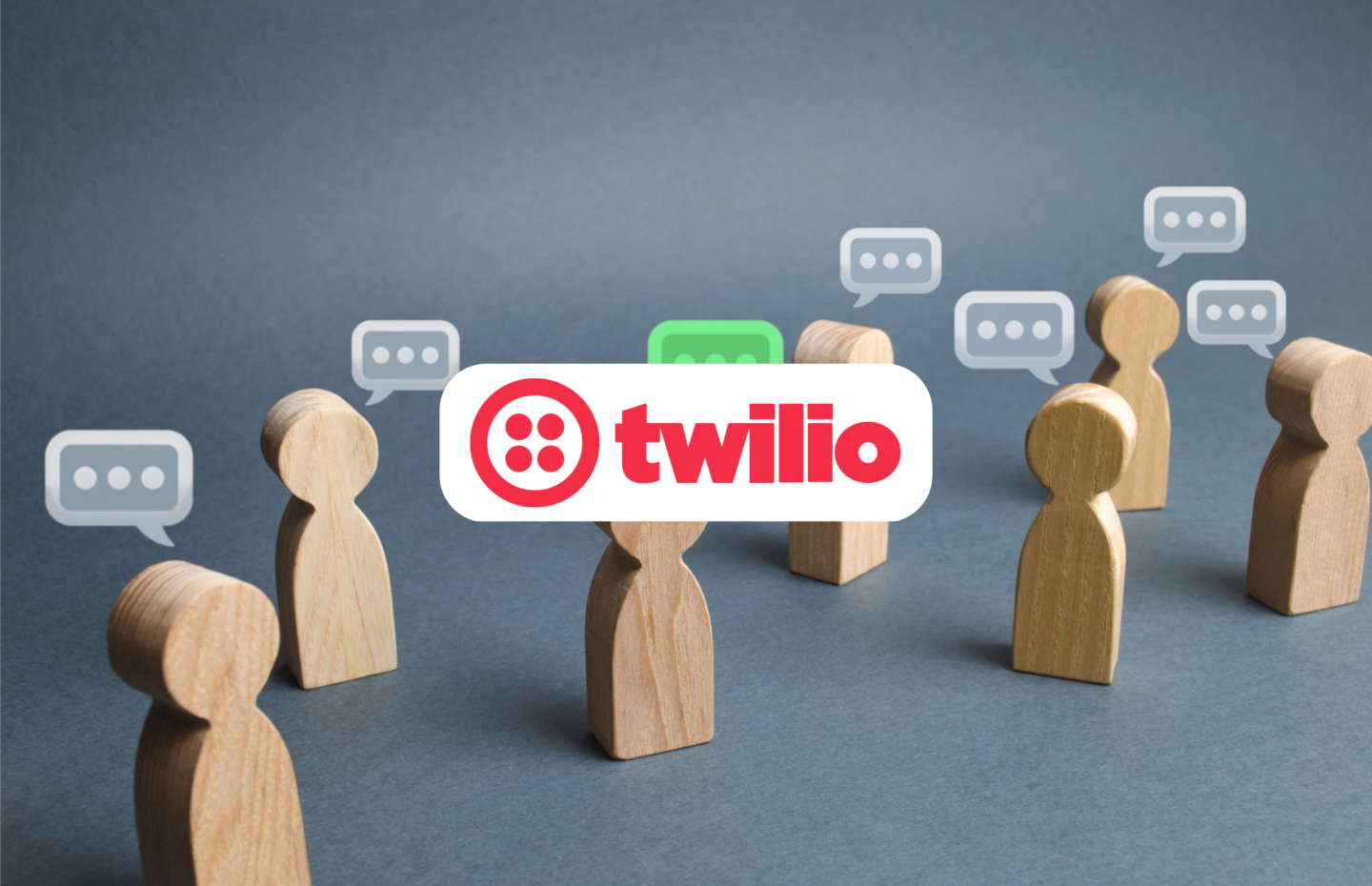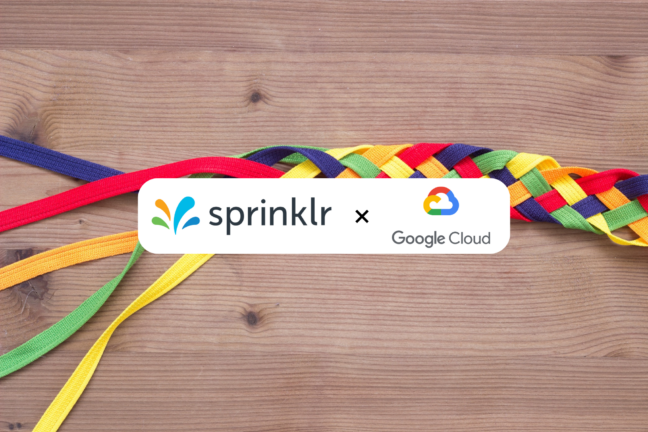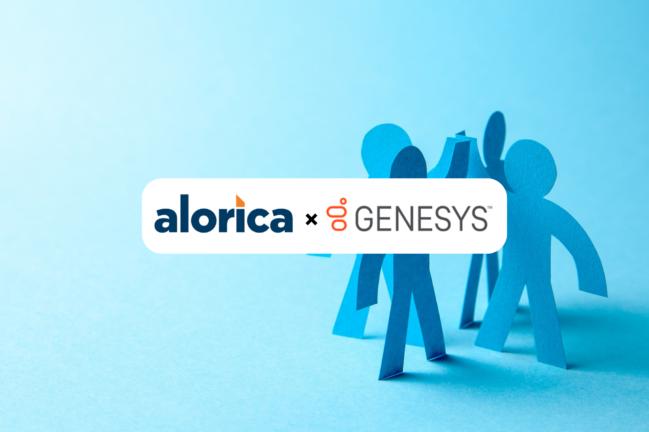Even though businesses are optimistic about using artificial intelligence (AI) to create customized experiences for their customers, customers themselves are still skeptical, reveals a recent report by Twilio.
Twilio's fourth annual State of Personalization Report shows that businesses around the world are embracing the potential of AI to provide personalized customer experiences, but customers are still uncertain about it. The report emphasizes the value of an AI-driven personalization strategy for brands looking to retain existing customers and acquire new ones in today's competitive market.
"While our report shows that businesses are racing to implement AI-powered personalization, and reaping benefits like boosting customer lifetime value as a result, it’s crucial they don't overlook the importance of trust and transparency. Informed by real-time, first-party data that’s utilized thoughtfully and responsibly, AI has the potential to augment and enhance the toolkit of every marketer and CX professional in the industry, and to usher in a category of next generation, fine-tuned, customer experiences that drive sustainable growth,” says Katrina Wong, VP of Marketing at Twilio Segment.
Business leaders cite customer retention and acquisition as the top benefits of personalization. Customers also value personalization, with over 50% saying they will become repeat buyers after a personalized experience, representing a 7% increase from last year's report. The report highlights the opportunity to build customer loyalty and lifetime value through tailored experiences, which is even more crucial during times of uncertainty in the macroeconomic climate.
According to the report, many businesses are trying to use AI to stand out and expand their business, but it also emphasizes the importance of building customer trust in the technology. Additionally, the report provides advice on how to achieve this, with the first step being to increase consumer confidence in AI.
Different levels of AI confidence
The report reveals that 92% of businesses are now using AI-driven personalization to drive growth. However, consumers remain skeptical about the use of AI, with only 41% feeling comfortable with companies using AI for personalization. Moreover, only 51% of consumers trust brands to keep their personal data safe, showing a need for businesses to build consumer confidence in the use of AI technology.
For businesses to successfully leverage AI to deliver personalized experiences that consumers are comfortable with, they need to establish trust regarding the data used to deliver those experiences.
Personalization vs privacy
AI-driven personalization heavily depends on the quality of data used, and businesses need to ensure they have a reliable dataset to provide customers with tailored experiences. However, this can be challenging, as 50% of companies report difficulty in obtaining accurate data for personalization, which has increased by 10% points compared to the previous year.
In addition, 31% of businesses find poor-quality data a major obstacle when leveraging AI. Companies measure successful AI-driven personalization based on accuracy (47%), speed of real-time data (44%), and customer retention or repeat purchases (44%).
Companies should focus on improving the quality of data used to power AI-driven personalization by investing in tools for real-time data management and increasing the use of first-party data.
The report showcases examples of businesses, such as Camping World and Toggle, a Farmers Insurance Group company that understand the significance of maintaining customer trust while striving for personalization excellence. Also, the report indicates that nearly all companies surveyed (97%) are taking measures to address customer privacy concerns, demonstrating their responsibility towards using data. The most common approach is to invest in advanced technology, like Customer Data Platforms, for effective management of customer data.
Gen Z is calling for AI-powered and personalized experiences
There is great potential for AI-driven personalization to attract Gen Z consumers who are digital natives and expect exceptional digital experiences. This demographic is more influenced by personalization and is willing to embrace AI technology. According to the report, 34% of Gen Z consumers expect brands to use AI in their interactions.
As many as 72% of Gen Z consumers have said that personalized experiences have influenced their purchases, whereas 66% of Millennials, 57% of Gen X, and only 42% of Boomers have reported the same.
Almost half of Gen Z consumers are less likely to make a repeat purchase if their experience is not personalized. Unlike other generations, Gen Z consumers are less uncomfortable with the use of AI in personalization efforts. Only 15% of Gen Z consumers report discomfort with the use of AI for personalization, while the majority of other generations express higher levels of discomfort.
Meanwhile, Twilio's recent State of Customer Engagement Report found that brands that invested in digital customer engagement showed a 90% increase in revenue on average, up from 70% the previous year.









